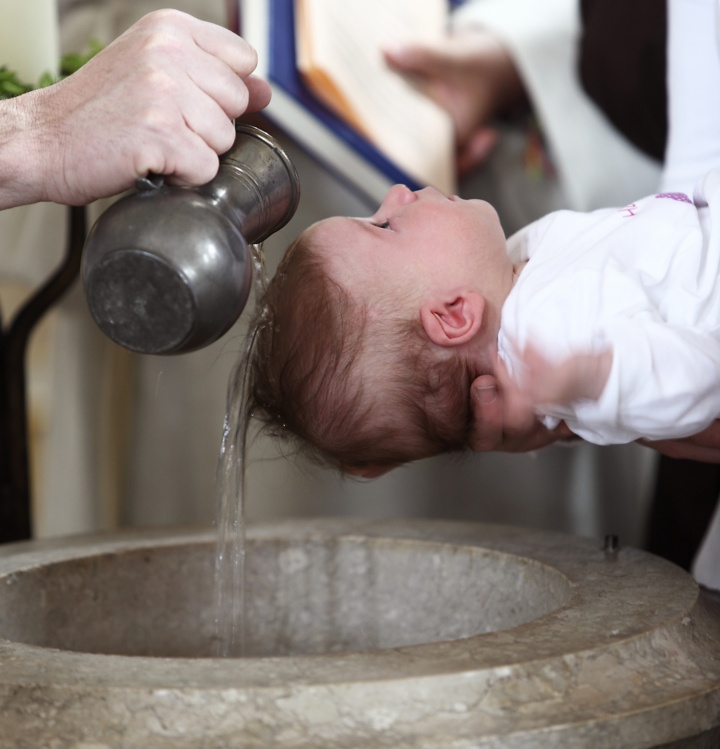Is Infant Baptism Valid?

Some churches use different methods of baptism, including sprinkling or pouring water. Typically, these methods are used for the baptism of babies, based on the idea that this type of baptism would guarantee their admission to heaven, should they die before they reach the age of reason. Flawed reasoning underlies the practice of infant baptism.
Baptism doesn't guarantee salvation. Rather, it is an outward demonstration of the inner commitment a Christian has made, repenting of his or her sins and seeking God's forgiveness, as well as the gift of the Holy Spirit. So baptism is just the beginning of the conversion process.
Obviously, babies are not able to make a decision about committing their lives to the obedience and service of God; they do not understand what sin is or how they sin. God requires all of these factors of a person seeking baptism, and no one can do this for him or her. As good as the idea of baptizing an infant might sound, even parents cannot make decisions about conversion for their children.
What is the destiny of innocent children who die before they reach the age of commitment? Let's broaden the question: What is the destiny of every person who has died without understanding the truth of God? Few people, including those who regularly study the Bible, understand that God plans to bring all such people back to life 1,000 years after establishing the Kingdom of God on earth (Revelation 20:5, 11-13).
For more understanding, please read our booklet What You Need to Know About Baptism.
